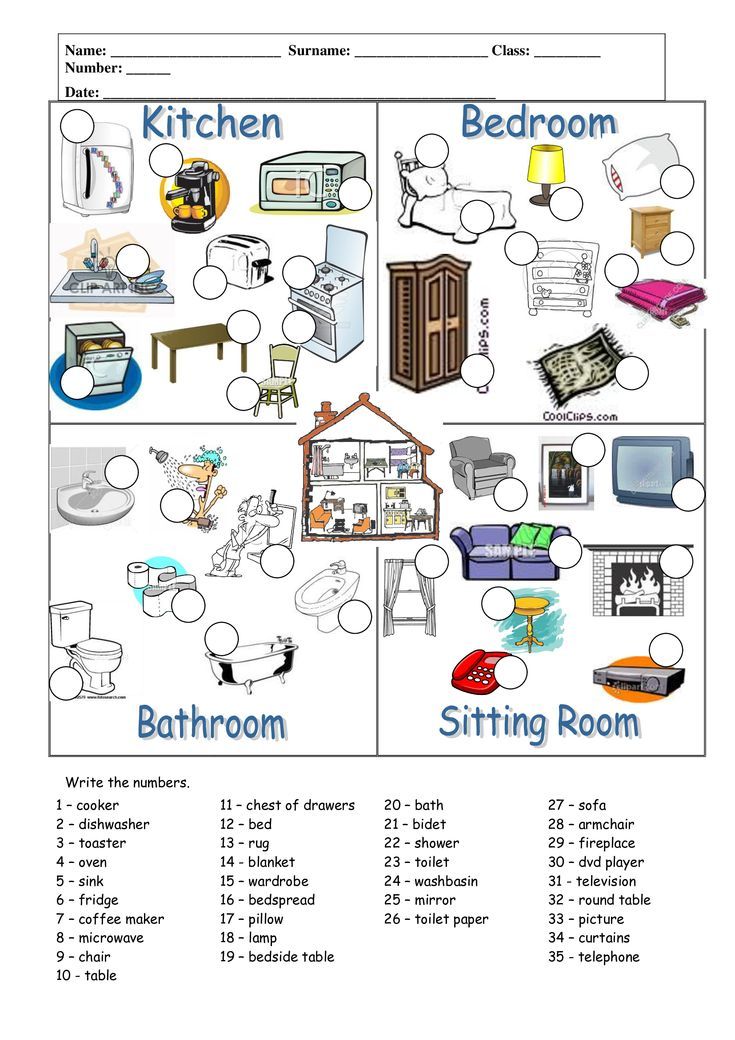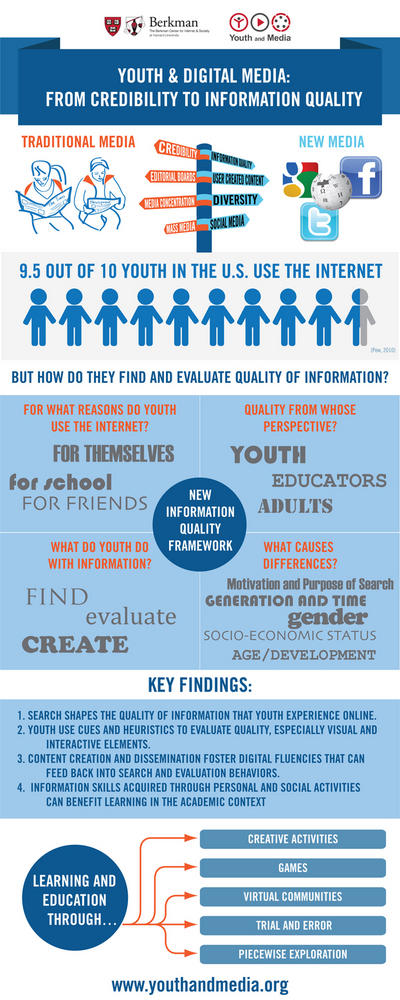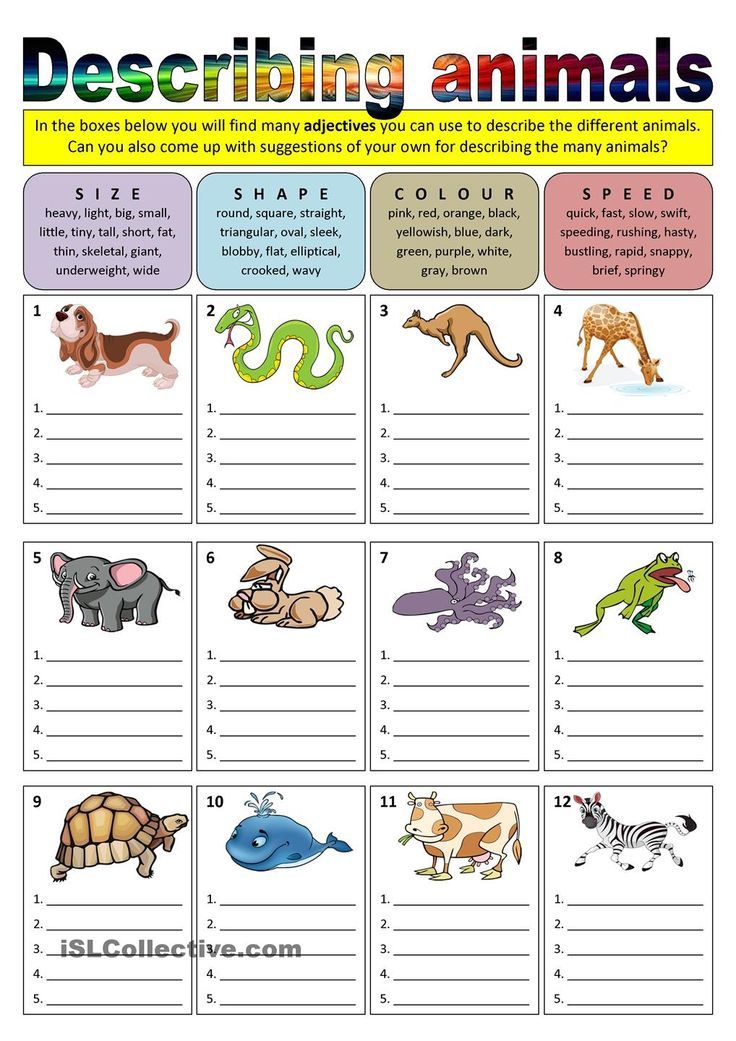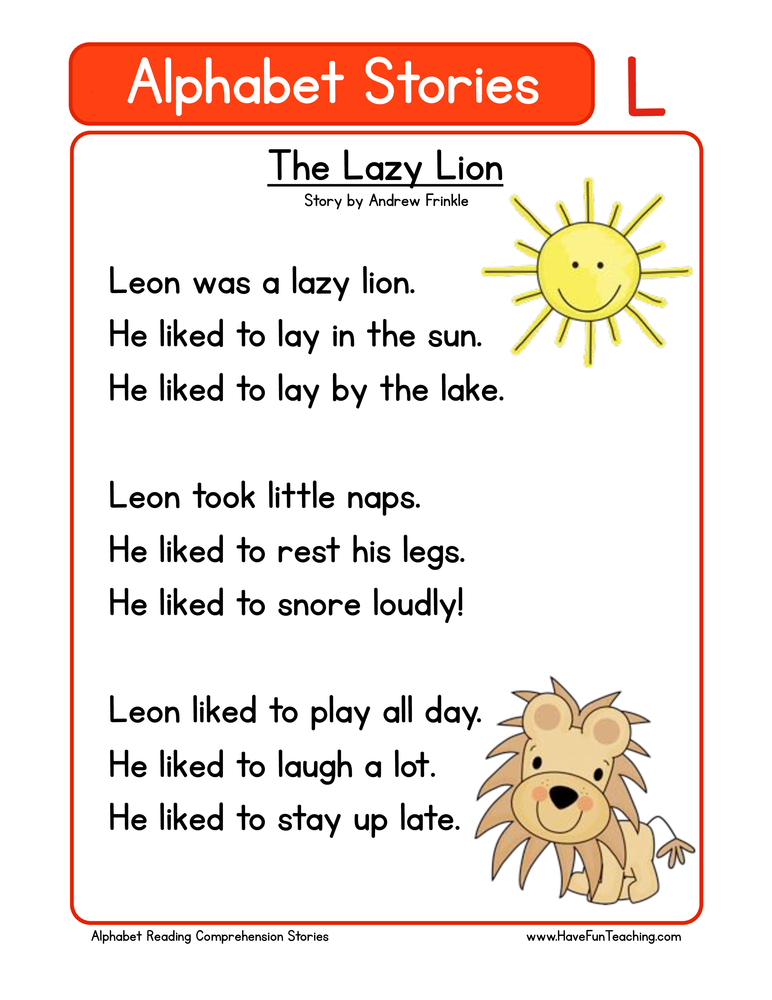How to work on social skills
10 Tips to Be More Social
Jump to section
What are social skills?
The benefits of having good social skills
How can I enhance my social skills?
Do I have trouble with social skills?
The bottom line
We all have moments where our social skills fail us. Perhaps your joke was greeted with awkward silence. Or, at a restaurant, you enthusiastically told the waiter that they, too, should enjoy their meal.
The odd mishap with friends is hardly cause for alarm. The embarrassment will soon transform into an inside joke, deeping your bond with others.
But, if you fumble too often, it can take a toll on your self-esteem and mental health. If you don't know how to improve your social skills, it can hold you back socially and at work. Some behaviors can come across as antisocial or even harmful to others, while simple shyness can read as aloof, standoffish, or arrogant. Knowing this might not put you at ease, but it can help you understand other people's reactions.
Now that companies are starting to pull teams together in person, many people are feeling some level of social anxiety. Just because it feels uncomfortable, not feeling confident in your ability to spend more than 5 minutes chatting with coworkers isn't an option. The good news? The past two years haven't helped anyone feel socially smooth. Many people are feeling awkward. The bad news? Many people are behaving awkwardly, and misunderstandings will happen.
You don’t have to change yourself. But you might have to change your approach, not just to appear more sociable but to avoid the most unnecessary points of friction that undermine your confidence. This will not only improve how others perceive you, but it can also benefit you in other ways.
If you’ve been feeling out of place, developing your social skills can help you feel more at home with your colleagues. It can also improve your confidence, sense of belonging, and ability to collaborate at work — all important skills that will affect your mental health, motivation, and ability to succeed.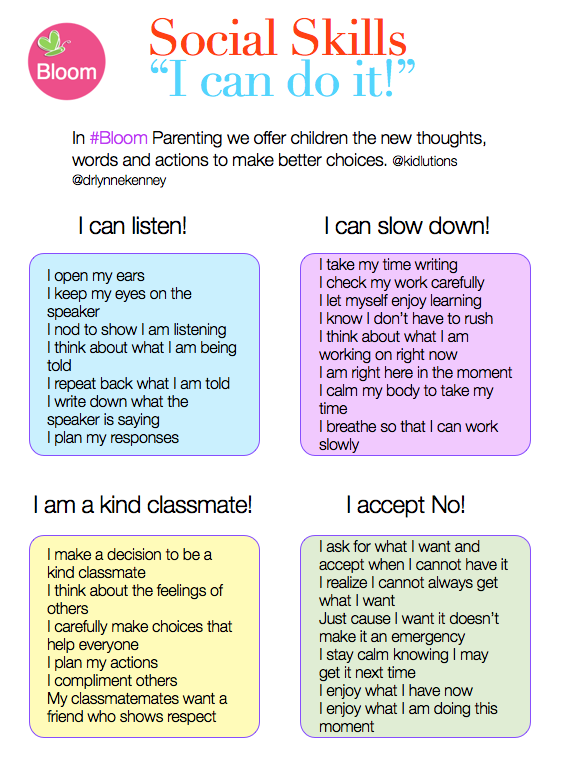
Training your social skills can be difficult. But we know you can do it.
Here’s how to improve social skills at work, with strangers, and in every other part of your life.
Social skills are the verbal and nonverbal communication skills required to foster connections and appropriately navigate social settings. Think about socializing a puppy: The more interaction it has with other puppies when it’s young, the better it knows how to act when it’s older. Humans are similar.
Most of the time, when people think of “social skills,” they think of their everyday interactions. It’s how they gain acceptance from their colleagues or peers and involves being comfortable when speaking to strangers, easily making friends, and earning the respect of your co-workers.
These things don’t always come naturally. Individuals with social anxiety, for example, might have trouble connecting with others. Introverts or shy people who like to keep to themselves may actively avoid social interactions — and appear rude as a result.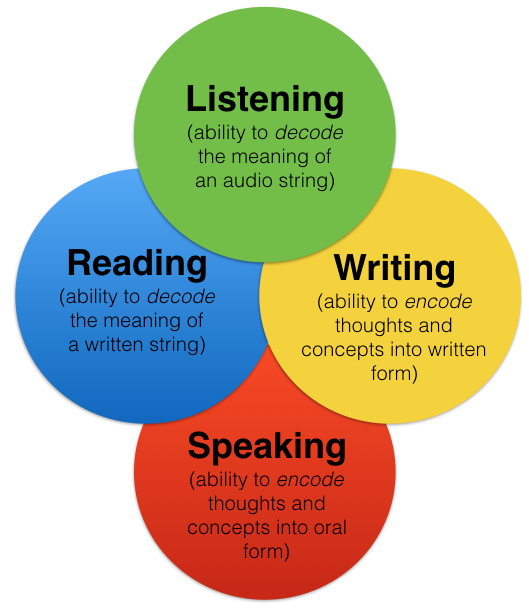 Or, sometimes, we get uncomfortable around people we don’t know and lose some of our social confidence.
Or, sometimes, we get uncomfortable around people we don’t know and lose some of our social confidence.
No matter the case, it’s nice to have some basic principles to fall back on. Knowing how to develop your social skills will help you in the long run.
The benefits of having good social skills
So what’s in it for you? Well, a lot. Improving your social skills is essential for your social health and overall well-being.
In terms of mental health, people with strong social ties have lower rates of anxiety and depression. They also have higher self-esteem, greater empathy, and are more cooperative.
For your physical health, researchers knew as early as 1988 that lack of social connection is more harmful than obesity, smoking, and high blood pressure. And, more recently, they learned that isolation is associated with a 50% increased risk of dementia as you age.
Sharpening your social skills will also pay you back in the form of social capital.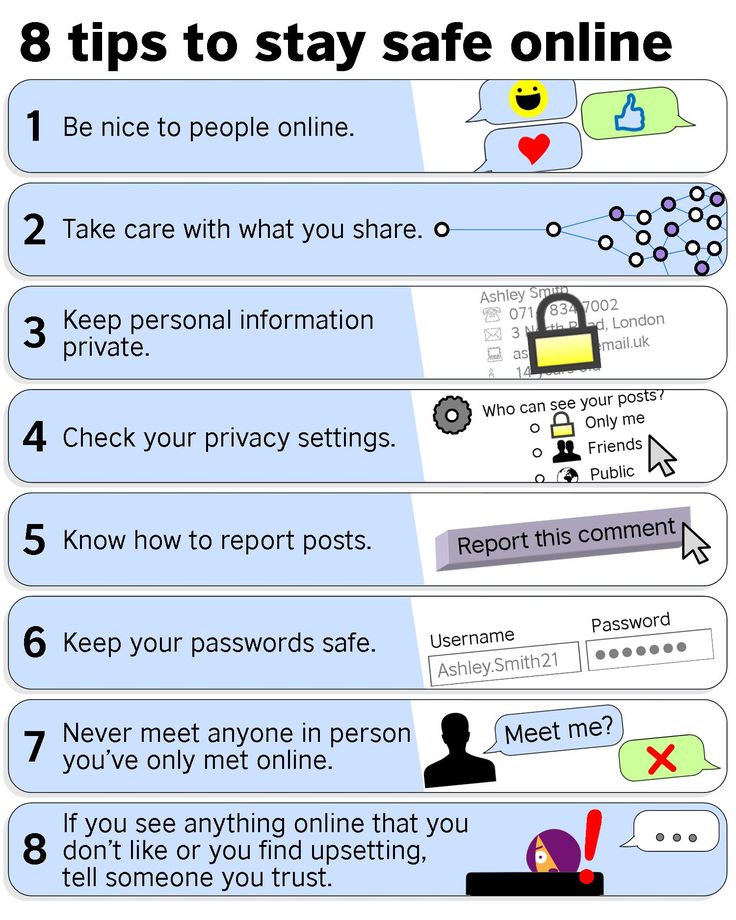 Entire university programs are devoted to studying this concept. But, to keep it simple, we can define social capital as the sum of all benefits from being part of a social group.
Entire university programs are devoted to studying this concept. But, to keep it simple, we can define social capital as the sum of all benefits from being part of a social group.
Social capital comes with its own list of benefits:
- People will like working with you. Social capital often translates to goodwill from your colleagues; if you’re easy to work with, people will be in your corner when you need it — like when you’re gunning for that next big promotion.
- When you ask for help, people provide it. What goes around comes around. If you’re kind and helpful to others, they’ll do the same for you.
- Others will understand your boundaries. Don’t want to go to a social event? It’ll be easier to refuse when people trust there are no hard feelings. When you use your social skills, you can help others see where you’re coming from and better communicate your feelings.

- Clients will love you. Whether you’re a freelancer, salesperson, or customer service rep, social skills are essential to winning and keeping clients. People like good work with a good attitude.
- You’ll nail your job interviews. Job interviews are about making great impressions. This is the perfect environment to flex your social skills. Use open body language, eye contact, and friendly facial expressions to impress your interviewers.
In today’s gig economy, social capital is critical. It can earn you a higher salary, win you more interesting projects, and may be the deciding factor in your next job application. Consider working with a BetterUp coach to improve this area of your career.
How can I enhance my social skills?
We’re glad you asked! You can definitely learn or improve your social life. Here are some general guidelines to get you started:
1. Improve your emotional intelligence
Put yourself in their shoes. Imagine what they might be going through and try to understand their feelings. You’ll better understand their perspective, which will help you respond appropriately.
Imagine what they might be going through and try to understand their feelings. You’ll better understand their perspective, which will help you respond appropriately.
2. Look inwards
Pay attention to your emotions, thoughts, behaviors, and triggers. Then it will be easier to control them while interacting with others.
3. Practice effective communication skills
Use tactics like active listening and open body language to demonstrate attentiveness. This opens the door to more positive interactions.
4. Fake it ‘till you make it
Try acting like your more social peers, even if it’s just small talk. It will become easier every time you try it.
5. Ask more than you speak
You don’t have to worry about speaking up; ask open-ended questions and use active listening. People love talking about themselves.
6. Give compliments
Everyone likes a good compliment. Tell someone that they were great in that meeting, or their project was top-notch.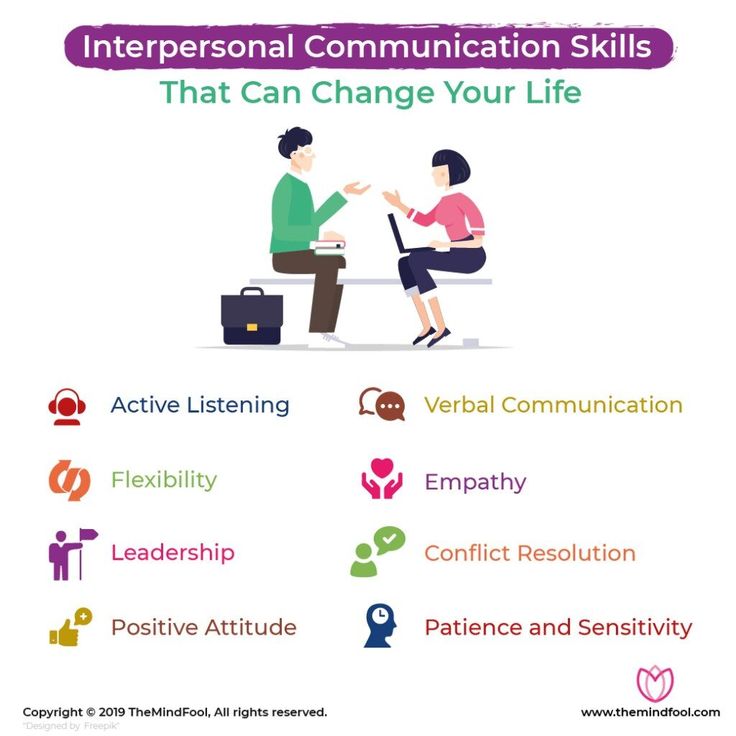 Be specific.
Be specific.
7. Be polite
Good manners go a long way. Words like “please” and “thank you” are small but powerful ways to soften requests.
8. Use open body language and non-verbal communication
Face the person with whom you’re speaking. Pay attention to your tone of voice. Make eye contact. Use your body language to show you’re present and paying attention.
9. Read the news
So many conversations revolve around current events; try to keep up so you can chime in.
10. Don’t let your thoughts get the best of you
It’s okay to feel a little anxious, but don’t let it get the best of you. You’re not your thoughts. Take a deep breath and try to let them go; this will help you relax in a social situation.
11. Start small
Start by spending time in a coffee shop or practicing your conversation skills with family members. Then you can ease into larger social settings. Before you know it, you'll be making new friends at your next social gathering.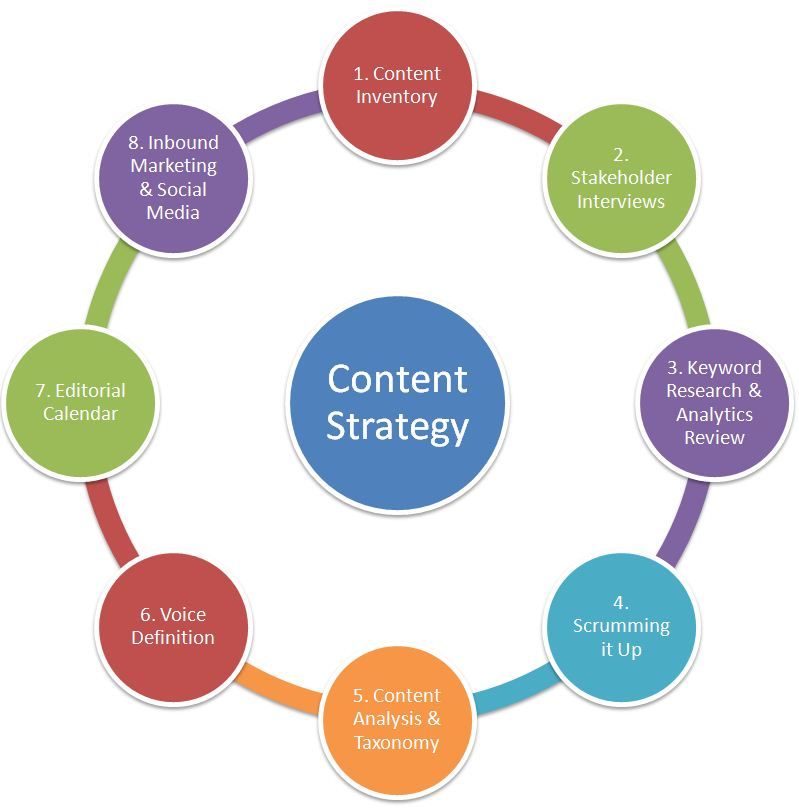
Do I have trouble with social skills?
A lot of people with anxiety or ADHD have a hard time connecting with others. Introverts or very shy people may also struggle.
Here are some signs that you don't have great social skills:
- You scroll on your phone while people talk to you. Smartphones are great at keeping us connected, but often to the detriment of those right in front of us. It puts a physical barrier between you and the other person at best. This communicates non-receptiveness to their words, and at worst, you seem bored, uninterested, and rude.
- You never take off your headphones. Sure, you might pause the music while someone talks to you. But they don’t know that. Take out your earbuds to show that you’re listening.
- You never do anything in person. These days, you can order just about anything to your door. But while this is wildly convenient, it cuts you off from the outside world.
 Don’t let yourself become socially isolated.
Don’t let yourself become socially isolated.
- You force humor when it might not be appropriate. You may want to defuse your anxiety with humor, but it’s not always the best time. Learn to read the room and only use jokes when it makes sense.
The bottom line
It’s normal to experience awkward moments. You might tell the theatre employee to enjoy a movie they’re not going to see or tell a joke that no one laughs at. It happens; cut yourself some slack.
But poor social skills go beyond the occasional blunder. At best, you seem aloof. At worst, outright rude. It’s good to evaluate your social skills and see which ones you can improve to be your best self.
That’s not to say that you can learn to overcome shyness or that you have to be a social butterfly. But it’s nice to know that when you want to strike up a conversation — whether inside or out of work — you’ll feel comfortable doing so.
If you need help, BetterUp is here.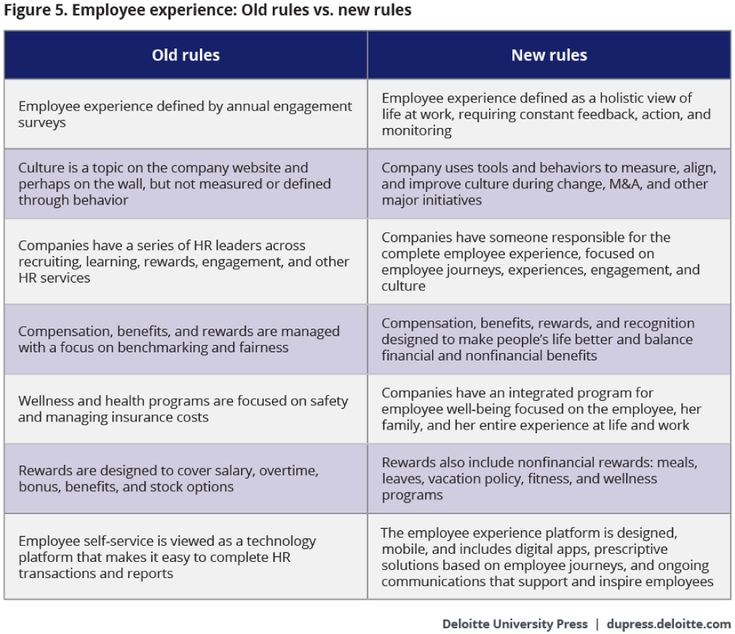 We’ll give you the tools you need to learn how to improve your social skills to ease your social discomfort or learn better communication skills. Whatever your best self needs, we can help you find.
We’ll give you the tools you need to learn how to improve your social skills to ease your social discomfort or learn better communication skills. Whatever your best self needs, we can help you find.
12 Ways To Improve Social Skills And Make You Sociable Anytime
Amy Morin, LCSW Posted on by Amy Morin
If you feel like you’re the awkward person at social events or you struggle to enter into conversations because you’re shy, it can impact your social life and your career. However, you can start improving your social skills by following these 12 strategies and soon, you’ll be able to enter into conversations with confidence.
1. Behave Like a Social Person
You can behave like a more social creature, even if you don’t feel like it. Don’t allow anxiety to hold you back. Make the decision to talk to new people and to enter into conversations even when you’re feeling nervous about it.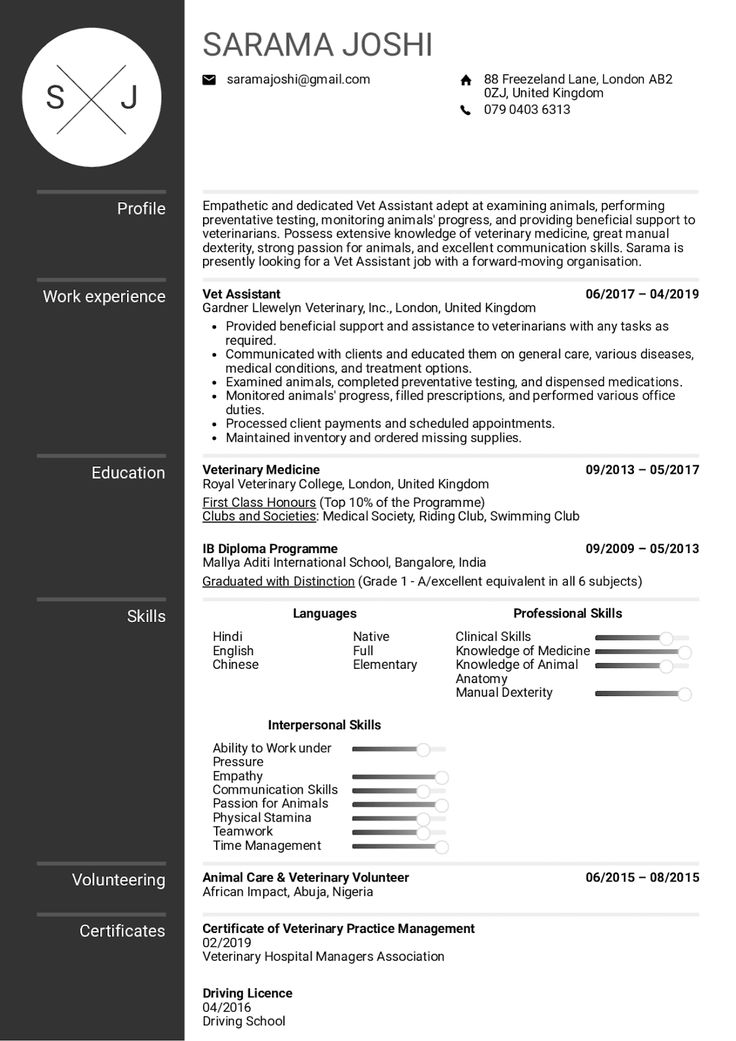 Over time, it will get easier and you’ll quickly start improving your social skills.
Over time, it will get easier and you’ll quickly start improving your social skills.
If going to a party or spending time in a crowd seems overwhelming, start small. Go into the grocery store and say, “Thank you,” to the clerk or go to a restaurant and order your food. Practice making small talk gradually.
3. Ask Open-Ended QuestionsIf you want the attention off you in a conversation, get familiar with open-ended questions. Encourage others to talk so you won’t have to make the idle chit-chat. Ask questions that require more than a yes or no answer and you may open the door to invite the other person to keep the conversation going.
4. Encourage Others to Talk About ThemselvesMost people really enjoy talking about themselves. Ask a question about a person’s career, hobbies, or family. Show you’re interested in hearing what is being said.
5. Create Goals For YourselfEstablish some small goals for yourself.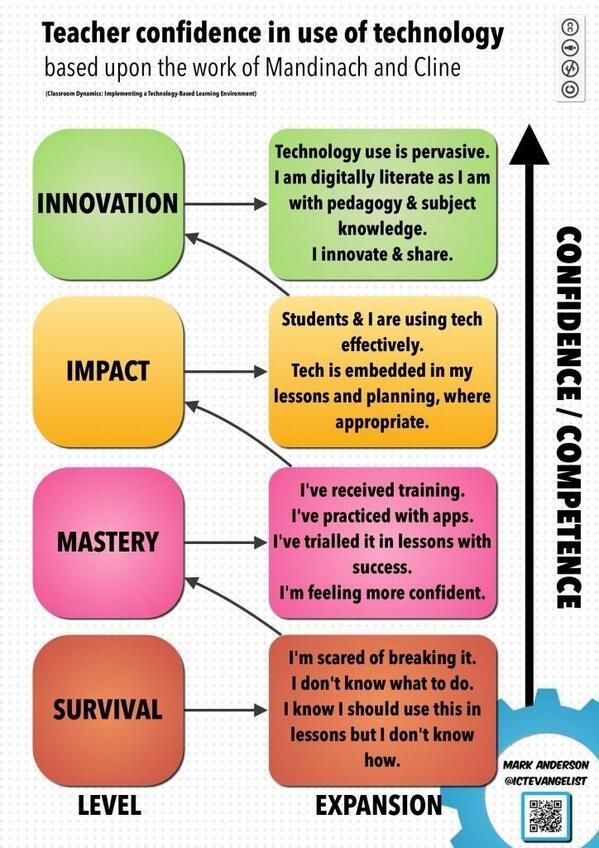 Perhaps you want to practice one particular skill or maybe you want to start attending a social activity in your community. Establish a goal and begin to work on strategies that will improve your social life.
Perhaps you want to practice one particular skill or maybe you want to start attending a social activity in your community. Establish a goal and begin to work on strategies that will improve your social life.
Compliments can be a great way to open the door to a conversation. Offer a co-worker a compliment on a presentation he gave at a meeting or compliment your neighbor on his new car. Compliments can show others that you are friendly.
7. Read Books About Social SkillsThere are many books on the market that can help you learn specific social skills and ways to start conversations. However, keep in mind that reading about these skills won’t make you an expert. You’ll need to practice them over and over again.
8. Practice Good MannersGood manners go a long way in improving social skills. Practice being polite, showing gratitude, and using good table manners.
9.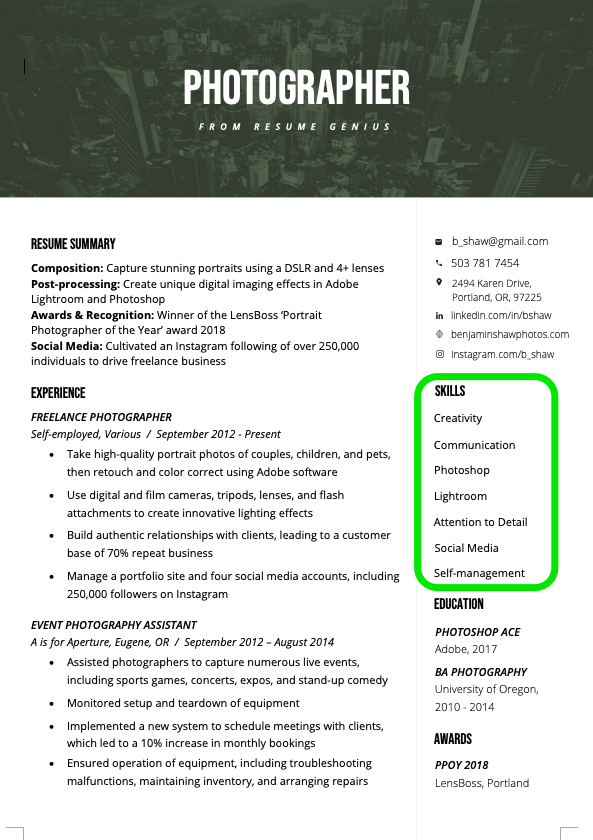 Pay Attention to Your Body Language
Pay Attention to Your Body LanguageNon-verbal communication is very important. Pay attention to the type of body language you use. Try to appear relaxed, make appropriate amounts of eye contact, and appear open to conversation.
10. Join a Social Skills Support GroupMany communities offer social skill support groups. Support groups help people who feel shy, awkward, or extremely anxious in social situations learn and practice new skills. You’ll start improving social skills and may be able to make new friends who understand your difficulties.
11. Stay Up to Date on Current EventsRead up on current trends and news stories so you have something to talk about with people. Try to avoid anything that is too controversial, such as politics, but do talk about other news stories that may be of interest. It can be a great way to start a conversation and can help you stick to neutral subjects.
12. Identify and Replace Negative Thoughts
If you have a lot of negative thoughts about your social interactions, it could become a self-fulfilling prophecy.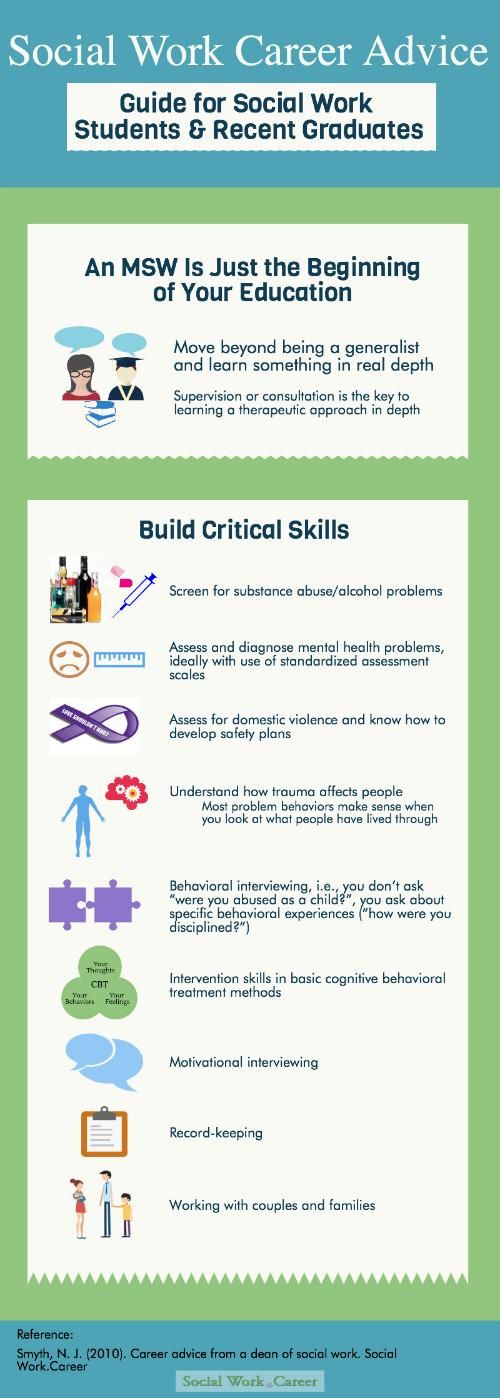 For example, a person who thinks, “I’m really awkward and I will embarrass myself,” may sit in the corner at a party. As a result, he may leave the party thinking that he must be really awkward because no one talked to him.
For example, a person who thinks, “I’m really awkward and I will embarrass myself,” may sit in the corner at a party. As a result, he may leave the party thinking that he must be really awkward because no one talked to him.
Identify negative thoughts that are likely dragging you down. Replace them with more realistic thoughts, such as, “I can make conversation and I can meet new people.” Don’t allow yourself to dwell on thoughts that aren’t productive.
Posted in Uncategorized permalink
7 Easy Ways to Improve Your Social Skills
Being a Human Being Practices how to
1. Get out of the house
Get out in the literal sense of the word - this is the only way to start communicating with people normally. Zooms with colleagues and correspondence with friends do not count. If you were, as they say, a socially shy person even before the pandemic, then the past months, most likely, only aggravated your condition.
Start with what you love: find an interest group or course and join the nearest face-to-face event.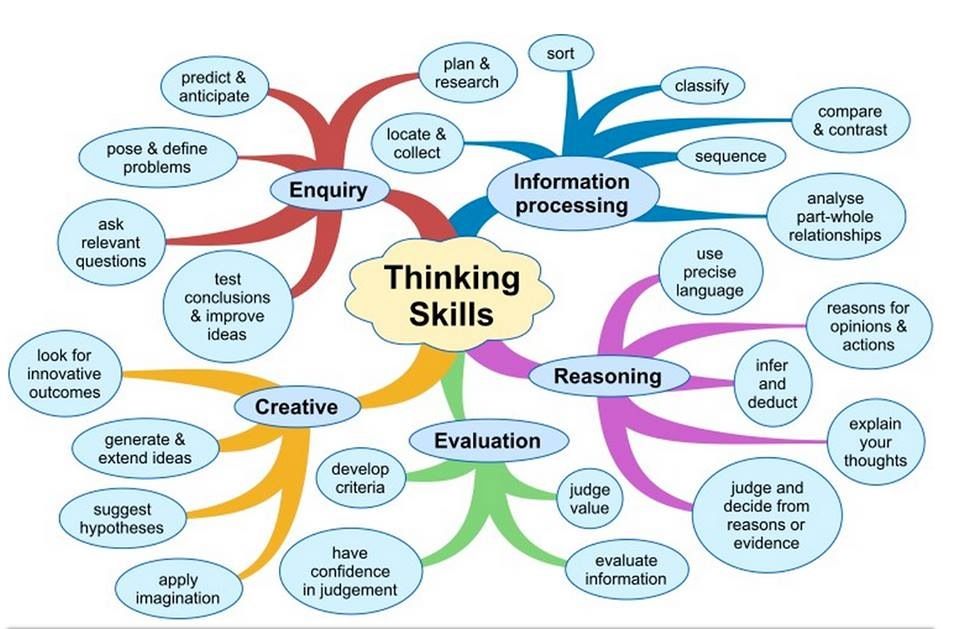 Of course, taking all the necessary precautions. The more often you go somewhere, the more confident you will feel. nine0003
Of course, taking all the necessary precautions. The more often you go somewhere, the more confident you will feel. nine0003
2. Don't overthink what to say
In fact, the more you think, the more awkward the conversation usually becomes. Throw aside logic and rationality: you need to enjoy communication yourself and broadcast positive to others.
Concentrate not on words, but on sensations in the body - you should feel as comfortable and relaxed as possible, because in a conversation we are more guided by the body language of the interlocutor than by what exactly he says. nine0003
What exactly can be done?
- Smile. Smile right now and try to feel sad at the same time. Happened? Unlikely. What happens to and in the body affects how we feel. Therefore, whenever you are terribly nervous before some kind of meeting and conversation, use a smile as a tool to relax.
- Stay in the moment , feel here and now. Focusing on feelings and what others are saying will allow you to think less about what to say yourself.
 nine0022
nine0022 - Don't try to impress others and appear smarter or more successful than you really are. People meet not to compete, but to enjoy communication.
3. Use every opportunity to communicate
Start by talking to random people, or at least by exchanging greetings and making eye contact. Say hello to a neighbor in the elevator, exchange a couple of phrases about the weather. Greet and thank the barista, compliment the girl in front of you in line for coffee. nine0003
It's not about pestering others with talk, but about exchanging positive energy. Also, once you start talking to strangers, you will realize that:
- they don't bite. For the most part, people are generally quite nice;
- others also need communication. We live in our “bubbles”, keeping our eyes on the screens of smartphones, and a little friendly conversation is always nice;
- small talks, for which, for example, Great Britain is famous, small talk or “talk about nothing” is the key to success.
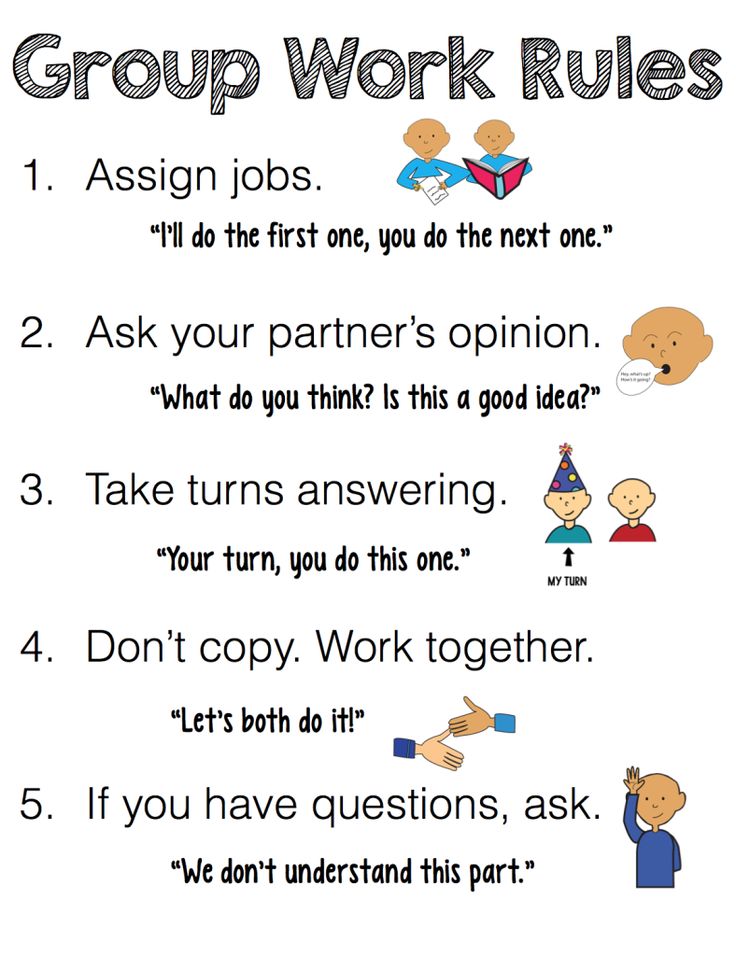 You should not consider them as a waste of time - they allow you to establish connections with others and create a pleasant atmosphere around you. nine0022
You should not consider them as a waste of time - they allow you to establish connections with others and create a pleasant atmosphere around you. nine0022
4. Work on your body language
We have already talked about the need to smile and feel relaxed. What else can be done?
- Straighten your shoulders and lean back in your chair. How did you feel? Probably confident, but relaxed. For contrast, you can try to slouch and listen to the sensations in the body. Working on the pose may seem silly, like trying to smile at your reflection in the mirror, but it works. It is important to turn this into an automatic skill. nine0022
- Learn to maintain eye contact. Do not look at the other person too closely without blinking - try to smile with your eyes and let the other know that you are listening to him.
- Speak louder. Tone and volume are very important - someone who mumbles or talks under his breath is usually not very pleasant to communicate with.
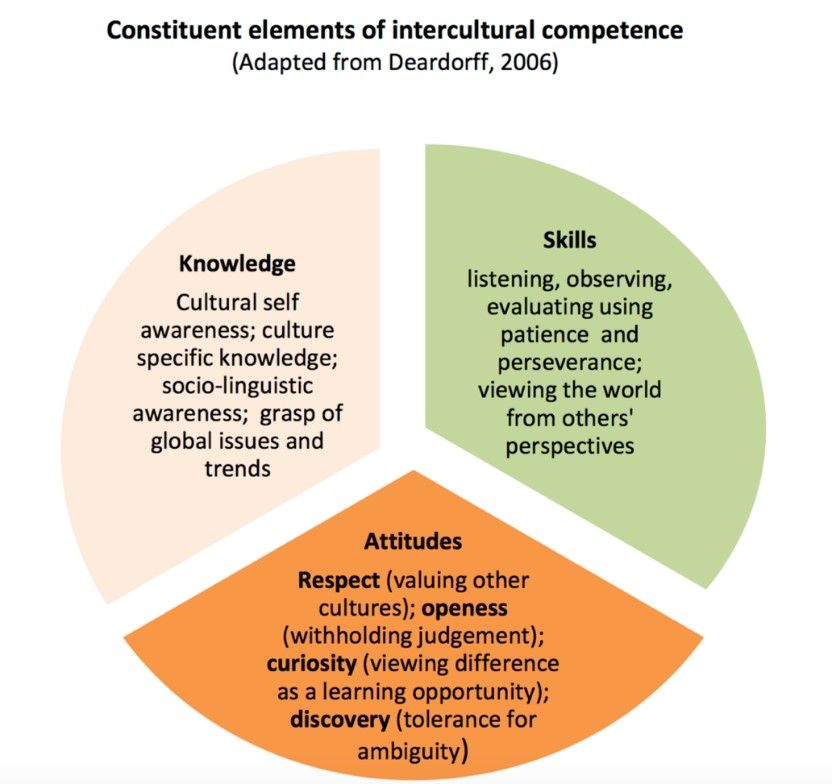
- Track the tension in your body and relax. When a social situation excites, disturbs or frightens us, this inevitably reflects on the body. Perhaps your neck or back is tense, you are holding your breath. nine0022
5. Focus on others
Being in the moment, smiling, maintaining eye contact, listening to the sensations in the body is very important, but should not distract you from the main thing, from the interlocutor. Do not think about how and what to answer him, try to really hear and understand his experiences. Repeat the words of the interlocutor, paraphrasing them a little to make sure that you correctly grasp the meaning of what was said.
Also:
- Notice the similarities between you - in views, interests, experiences - and convey it to the interlocutor. We like those who are like us. nine0022
- Give the other person the opportunity to talk about what he likes: this way, communication with you will be associated with something pleasant for him.
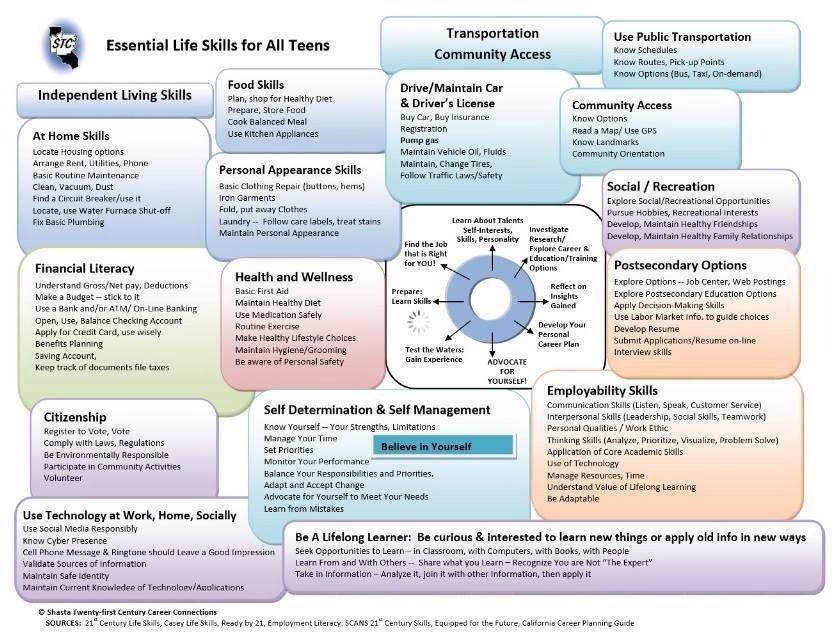
- Do not push: do not show that you are waiting for an immediate answer or cue. Let your counterpart be silent, breathe, collect his thoughts during pauses in the conversation.
6. Feel free to learn how to communicate
Social skills can be acquired through special courses and free videos on YouTube. There is nothing to be ashamed of. There are a lot of training products on the topic of communication, and using them means proving to yourself that this issue is important to you, that you are really ready to work on your communication skills. After all, your personal life and career may be at stake. nine0003
7. Be yourself
It would seem that advice contradicts the meaning of the article, in which we encourage you to improve yourself and upgrade your skills. But we're talking about something else: don't put on a mask, don't pretend, don't try to be someone you're not. Tell the world who you really are. How will people around you know what your views and values are, what you are passionate about and what you are really good at, if you don’t tell them about it yourself?
Text: Pauline Franke Photo Source: Getty Images
New on the site
From "Bonfire in the Wind" to "Molodist": Why do we love Yakut cinema so much?
“My man chooses between me and the bride, who was betrothed by my parents”
10 things for which the children will not thank you
How to return meaning to life if everything is meaningless: 7 tips for every day
“I need to think”: 3 Rejection Strategies for Introverts and Shy People - Coaching Tips
“I'm in a relationship, but I started thinking about my ex.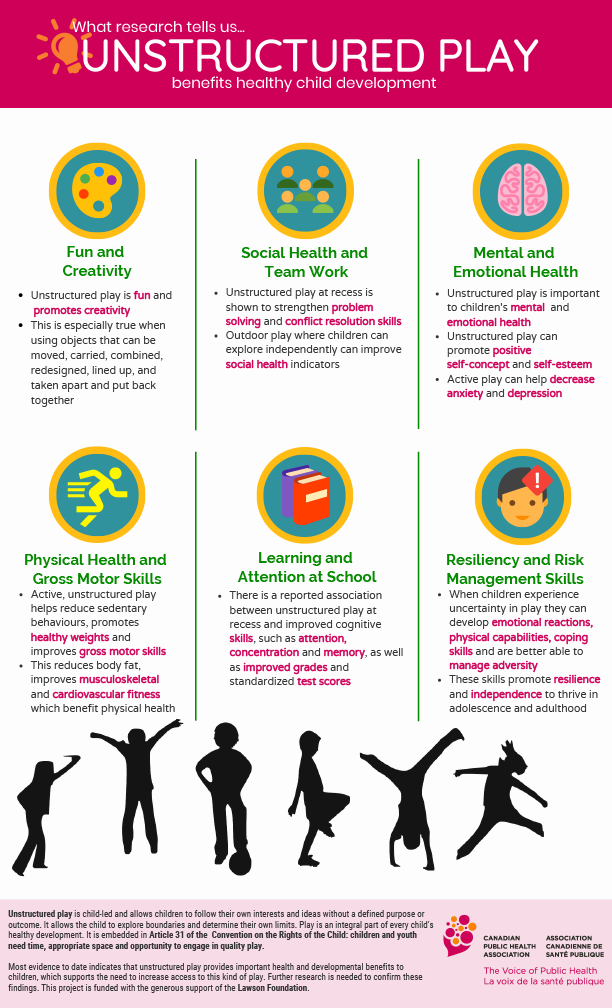 How to stop remembering the past?
How to stop remembering the past?
How to develop social skills with teenagers
There are parents who find it difficult to work with their teenagers on social skills. . These skills are key when young people can communicate with other people without problems. The ability to communicate helps a young person develop important values such as empathy or self-esteem. nine0003
Social skills need to be developed from an early age until they reach the stage of adolescence.
Index
- 1 What are the social skills
- 2 What are the social skills to be developed
What are the social skills
Social skills are necessary and important for behavior when it comes to interaction and relationships with other people. These skills are different and differ depending on the context in which the adolescent himself finds himself. nine0003
nine0003
Adolescence is a very difficult period for any young person, as they go through a series of changes that will help you shape your personality. Therefore, it is very important to be able to work on these skills both in educational centers and in the family itself. Elements such as respect or tolerance towards others should always be encouraged.
There are many ways to work on these social skills among young people, such as group dynamics. Through them, a young person can communicate with other people of his age and put yourself in their place to solve various problems.
What social skills need to be developed
- They must first learn a number of basic social skills. for example, the ability to participate in a conversation, give thanks for something or be able to listen to others.
- In addition to the above, it's good to work on another series of much more advanced skills, such as asking for help when they need it, or asking for forgiveness for something they've done wrong.
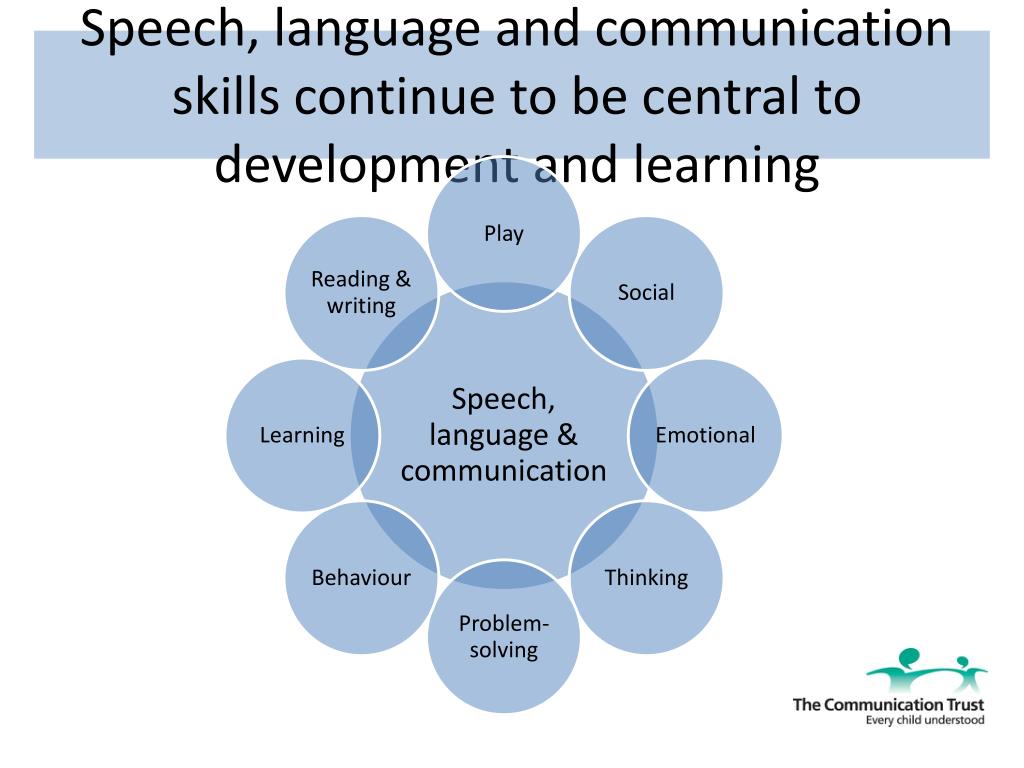 In this case, everything is more complicated, because it is difficult for young people to recognize their wrong and they must ask for forgiveness. nine0115 Young people should always understand that everyone makes mistakes, and it's good to apologize for that.
In this case, everything is more complicated, because it is difficult for young people to recognize their wrong and they must ask for forgiveness. nine0115 Young people should always understand that everyone makes mistakes, and it's good to apologize for that. - There are also a number of social skills related to feelings. The good thing is that they learn to recognize their own feelings, empathize with others, and express affection when necessary. Emotional education plays a key role in modern society, hence the importance of its education. Unfortunately, there are many teenagers who do not work on these feelings and lack of affection and empathy. nine0115 is pretty obvious.
- Social skills planning is also important in teaching the youngest. It is good to take the initiative, reach agreements with other people and be able to resolve various conflicts that may arise throughout your life. These types of skills are important when working in a group in the classroom or for extended periods of time in the workplace.

Learn more

